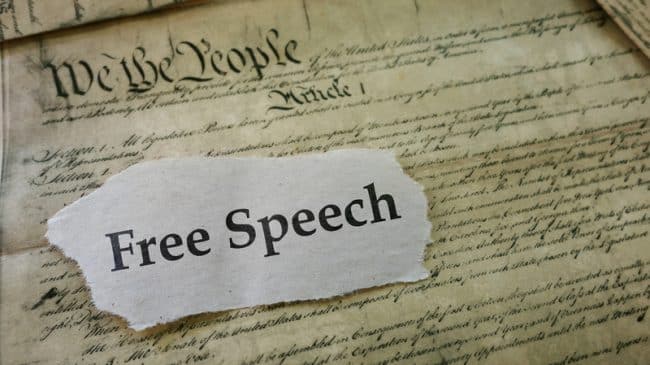Brief Amicus Curiae of Reason Foundation, Institute for Justice, and Individual Rights Foundation
Susan B. Anthony List, Et Al. v. Steven Driehaus, Et Al.
The State of Ohio has vested a government agency with the authority to determine the truth or falsity of core political speech and then punish those whose speech it deems false. The mere existence of such a body obviously raises important First Amendment questions. Indeed, it strikes at the very heart of America’s constitutional tradition. United States v. Alvarez, 132 S. Ct. 2537, 2547 (2012) (“Our constitutional tradition stands against the idea that we need Oceania’s Ministry of Truth.”). Accordingly, it is of vital importance that federal courts fulfill their duty to evaluate the constitutionality of laws like Ohio’s before those laws do irreparable harm to speakers.
Had the Sixth Circuit taken a more practical view of Ohio’s false-political-speech law, as this Court and other circuit courts have done, it would have recognized that there was a credible threat of prosecution inherent in the design of Ohio’s law. The court’s failure to take these practical realities into account was error and must not be allowed to stand.
This Court should reassert the vital importance of pre-enforcement review to the protection of First Amendment rights, and make clear that standing to bring pre-enforcement challenges under the First Amendment is a practical inquiry that must take account not only of the literal language of a prohibition on speech, but also of how reasonable people would respond to the procedures surrounding the enforcement of that prohibition.
The Sixth Circuit’s ruling should be reversed.
